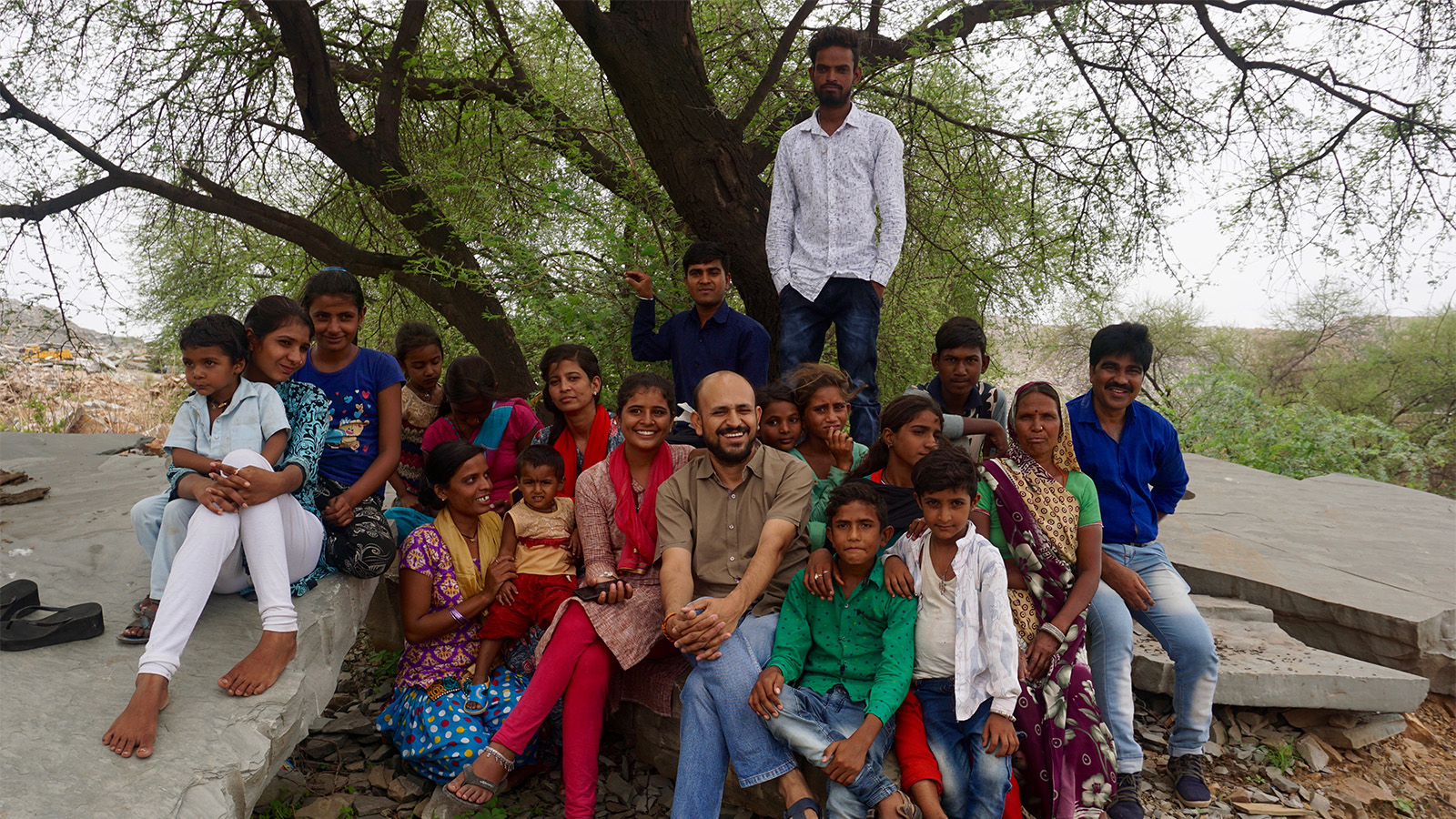About community mobilisation
Community mobilisers play a crucial role in implementing the WNCB programme’s strategy to eliminate child labour. Community mobilisers are key people in the work we do at community level; they are the helpers and our heart at the same time. Through community mobilisation, the community takes ownership and institutions are sensitised. All the efforts of community mobilisation culminate in the creation of local institutions which will eventually take up the issue of protection of child rights.
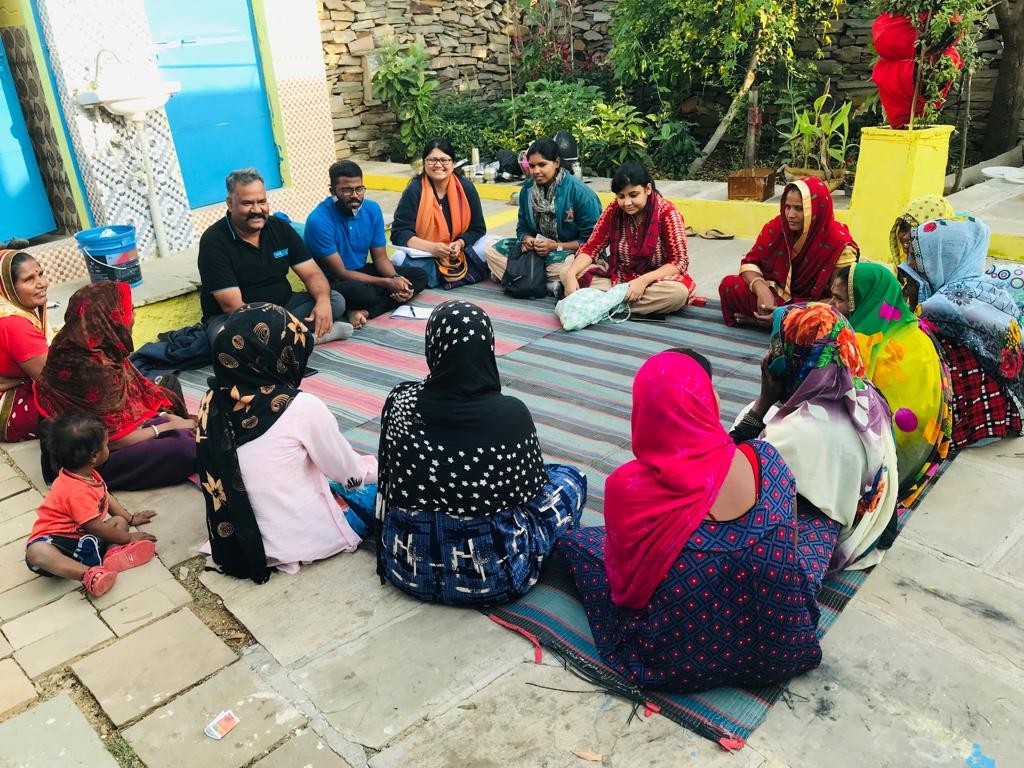
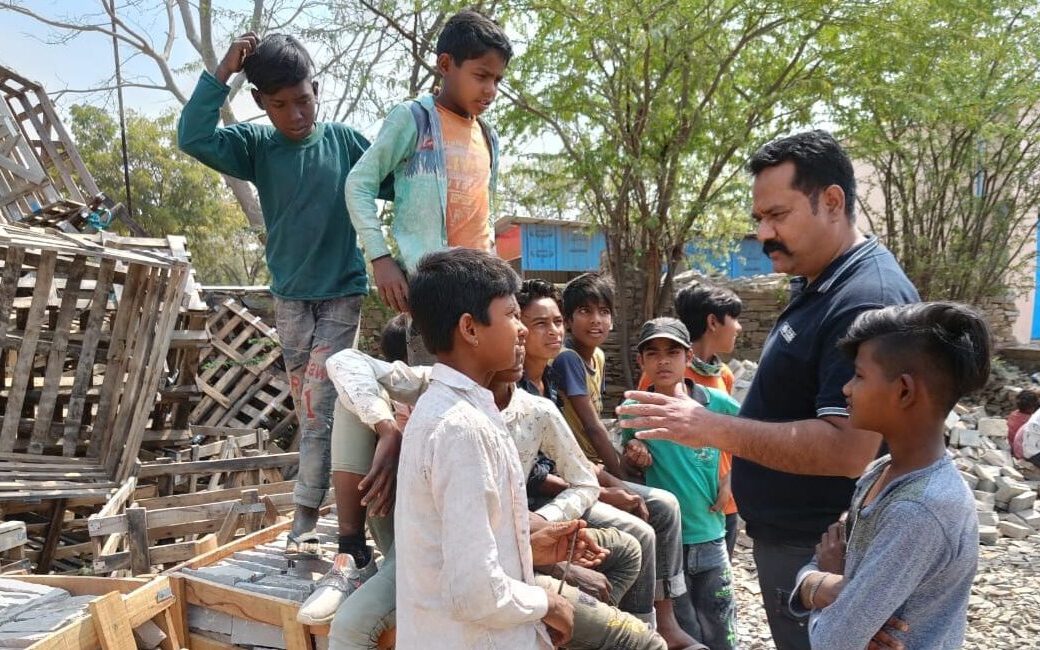
Who are the community mobilisers?
Community mobilisers develop strategies to bring about change in their community, tailor-made to the context and needs within their community. They navigate through an ever-changing context. The work of mobilisers is time-consuming, requires a lot of effort and patience and includes many aspects of interacting with people in a community.
“In the communities in which we work, there are a lot of families in which not a single person has ever been to school. Many of these people are Dalits – the lowest caste. If a child from such a family goes to school, they are a first-generation student. That is a big deal! They lack role models in their families to show them what getting an education can mean for their lives and their communities. Likewise, parents, grandparents and others in these communities have no example of the value of education for children. Getting a child to go to school as a first-generation learner is a huge achievement. Bringing about such big changes in communities, real changes in the social norms of communities, is a difficult and non-linear process. Mobilisers face resistance, opposition and disappointment along the way, but they never give up.”
Venkat Reddy, MV Foundation
Without mobilisers, we cannot reach people and children in communities in the same way as we do now. The efforts of mobilisers enable children to attend school, grow in confidence and develop the motivation to accomplish their goals in life.
”Seeing the children making progress in their education makes me very happy. For example, before they started going to school, when I asked them what 2 + 2 is, they used to say three. Now they know what the right answer is. I dream of sending 10,000 out-of-school children into school each year. I want to enable them to go to school, to get educated. It is my dream that when they finish school, they will be able to go to high school.”
There are many ways in which people from the community become mobilisers. Some of them were inspired through the work of community mobilisers or the change they saw in their family of community, others are already very aware of all that is happening in their communities. Most often, they already have a vision for their communities and for the children in their communities. Mobilisers are driven by intrinsic motivation, inner passion and intuition.
”Where I come from, I saw children begging in the streets every day. I saw children catching rats to eat and also eating scraps of food. I thought a lot about these children and how they could live like this and not go to school. There is so much poverty. I always wanted to help these kids. My thoughts were to just tell them to go to school, but I never really felt the opportunity and possibility to do that. But since I have been working as a mobiliser, I can help them to go to school.”
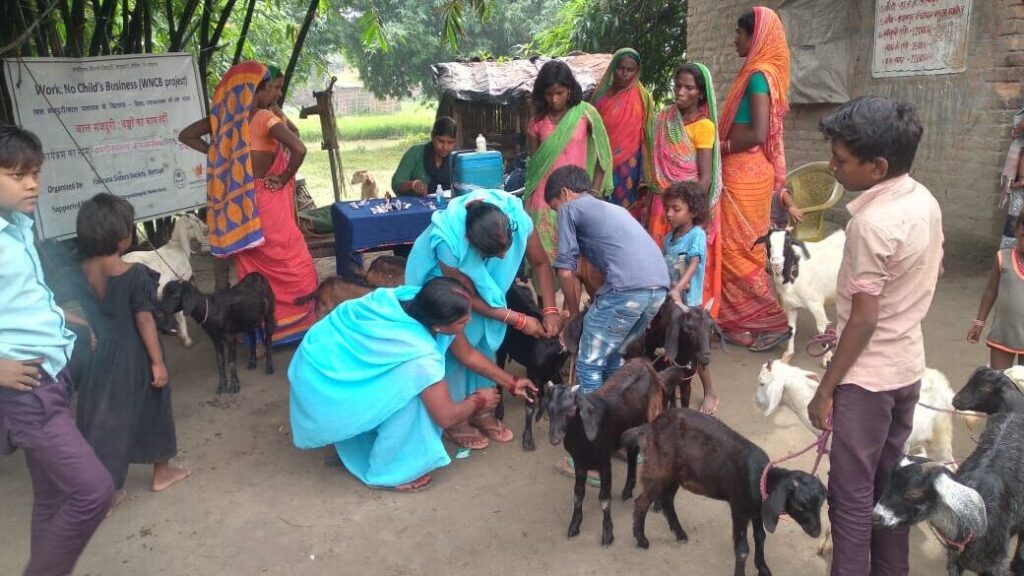
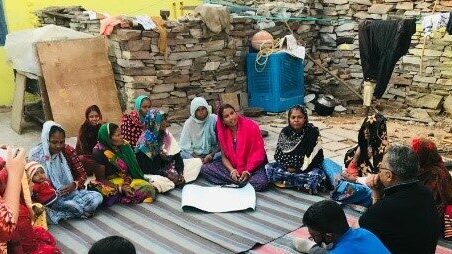
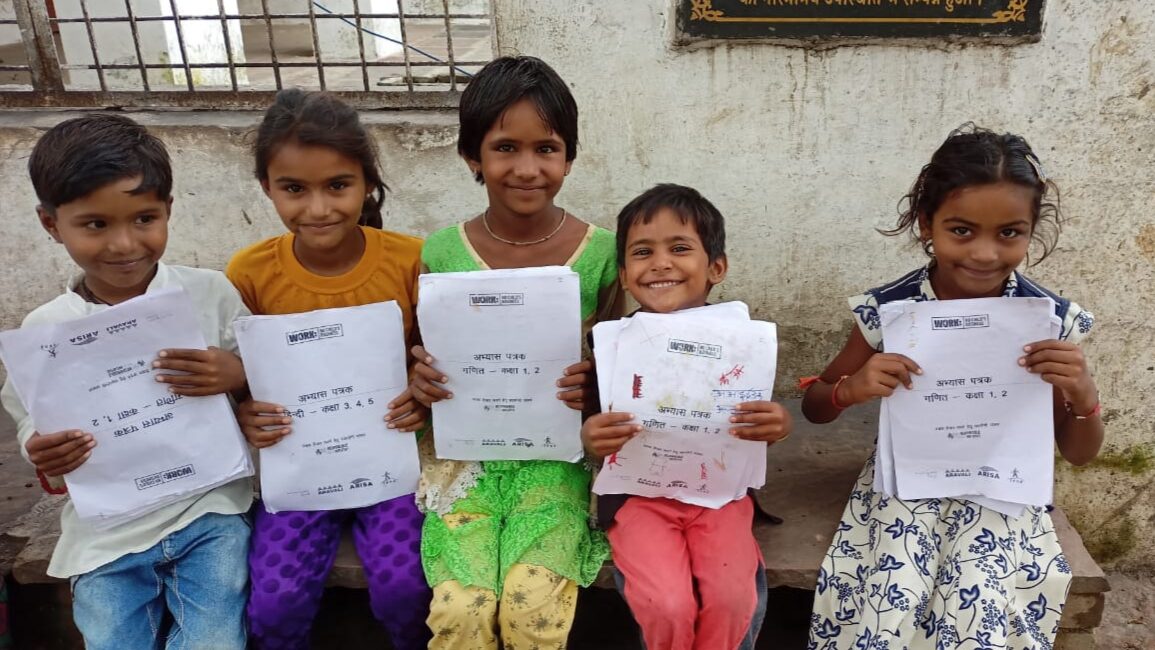
”I come from a poor family. With great difficulty, my parents raised me and were able to send me to school. Today, I am educated and studying. That is why I am in the situation I am in and can do the work I do. So why shouldn’t other children have the same opportunities? I want the children around me to have a better life too. That is why I now, as a mobiliser, talk to them, to their parents, to teachers and headmasters and others to make sure they can go to school.”
”When I got married, I was still young and because of my marriage I could not pursue higher education. So, I promised myself that I would teach my children and make sure they got an education. When I heard about the work of mobilisers (with FSS) and about their work with children, I was interested in working with them. I would like to educate all children and focus on education for all children in the area I come from.”

